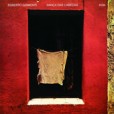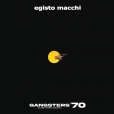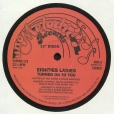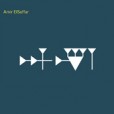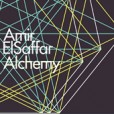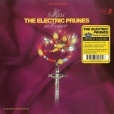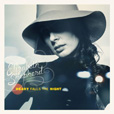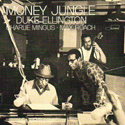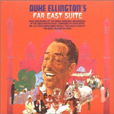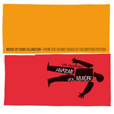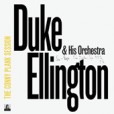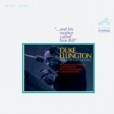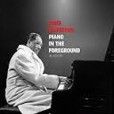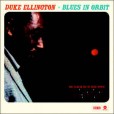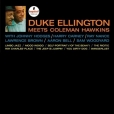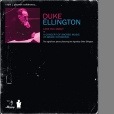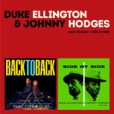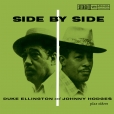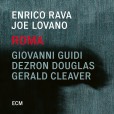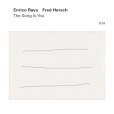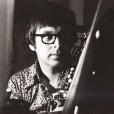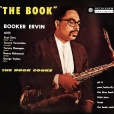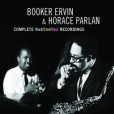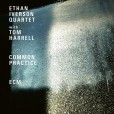Your basket is empty

Created in collaboration with Walter Branchi from the Gruppo di Improvvisazione Nuova Consonanza, this soundtrack to Mino Guerrini’s 1968 film is among the most strikingly experimental of all Macchi’s music for cinema. A suspenseful, jet-propelled fresh mix of
psychedelia, jazz, and improv, threaded with beautiful melodies.
The first time out; from the master tapes.
Crucial, preposterous David Axelrod!
Composed and arranged by the maestro, a psychedelic garage-rock opera, sung in Latin, with Gregorian chant, pipe organ, lashings of fuzz guitar, strings and horns.
A version of the opener Kyrie Eleison famously featured in the soundtrack for Easy Rider, accompanying several scenes.
This definitive reissue was mastered by Kevin Gray using the original tapes.
Top-notch, funky, eclectic jazz singing.
This is terrific. The Duke totally fronts up; Mingus is dazzling. Les Fleurs Africaines is one for the desert island.
Don’t miss this late set, from 1966, inspired by an orchestra tour of India, Sri Lanka and the Middle East. With the out-and-out Strayhorn-Ellington masterpiece Isfahan.
Plenty of thrills and spills in this soundtrack to Otto Preminger’s 1959 film. Steeply evocative dynamic and rhythmic contrasts and quick changes in orchestral density get the job done — with a repeated strain of melody — and make for highly entertaining listening, with numerous rollicking brass passages in amongst the piano-threaded impressionism, plus terrific soloing by Johnny Hodges, Ray Nance and co. Highlights include the suspenseful opener, the moody Midnight Indigo, the sublimely sad Almost Cried, and the band hard-rocking out-the-door with Upper And Outest, culminating in an amazing stratospheric passage by Cat Anderson, playing for a moment as if the needle is stuck.
Check out the opening of the film, with its title sequence by Saul Bass, and Duke’s music. Class.
The Duke’s response to Billy Strayhorn’s death from cancer in 1967, this album is one of his masterworks.
Featuring Johnny Hodges, in Strayhorn’s sublime arrangement, Blood Count is utterly devastating, every time. Another masterpiece of despair, cut by wistfulness, After All is stone-cold classic Ellingtonia. The solo-piano version of Lotus Blossom — which closed the original LP — is the Duke at his most emotionally frank.
Ineffably beautiful music, to help you through life.
Released in the same few months as Money Jungle and Duke Ellington Meets John Coltrane, this is equally unmissable.
The opening calypso establishes the joyful, extravagant mastery of the date. Apparently the musicians were unaware that they were being recorded (by Van Gelder), and — thinking it was just a warm-up — drummer Sam Woodyard rhythm-a-nings, burbles, and scats away to himself, happy as Larry, and the Hawk doesn’t show up till two-thirds of the way through… nailing it, of course. Then a rapturous version of Mood Indigo, with more sublime Hawkins… a kicking Ray Charles tribute… Wanderlust, the Johnny Hodges classic from the thirties…
‘One of the great Ellington albums, one of the great Hawkins albums and one of the great albums of the 1960s,’ according to the New York Times.
Love You Madly is a behind-the-scenes profile, including various interviews, and performance footage recorded in Basin St. West Jazz Club, at the 1965 Monterey Jazz Festival, and at the first Concert of Sacred Music in Grace Cathedral. Ellington reckoned it ‘the best film about Duke Ellington ever made.’
Recorded on September 16, 1965, A Concert of Sacred Music more fully commemorates the first of the three evening performances at Grace Cathedral between 1965 and 1973, combining classical, jazz, spirituals, gospel, blues music, and dance.
Outstanding post-bop from Norway, including the jazz dance classic Cordon Bleu, and a killer version of Footprints. Erik Andresen on alto saxophone, Roy Hellvin piano, Tore Nordlie double bass and Svein Christiansen drums. Recorded in 1970; originally released on Arne Bendiksen’s Flower label in 1971.
After recent recordings with Mark Turner and Billy Hart, the pianist leads his own quartet through a programme of standards and blues, live at the Village Vanguard.
‘Its prime melodic voice is the veteran trumpeter Tom Harrell. Iverson extols the poetic vulnerability in his playing, particularly in such ballads as The Man I Love and Polka Dots and Moonbeam. The album’s effervescent swing is thanks to the top-flight rhythm team of bassist Ben Street and drummer Eric McPherson, whose subtle invention helps drive Denzil Best’s bebop groover Wee and two irresistibly bluesy Iverson originals.’
